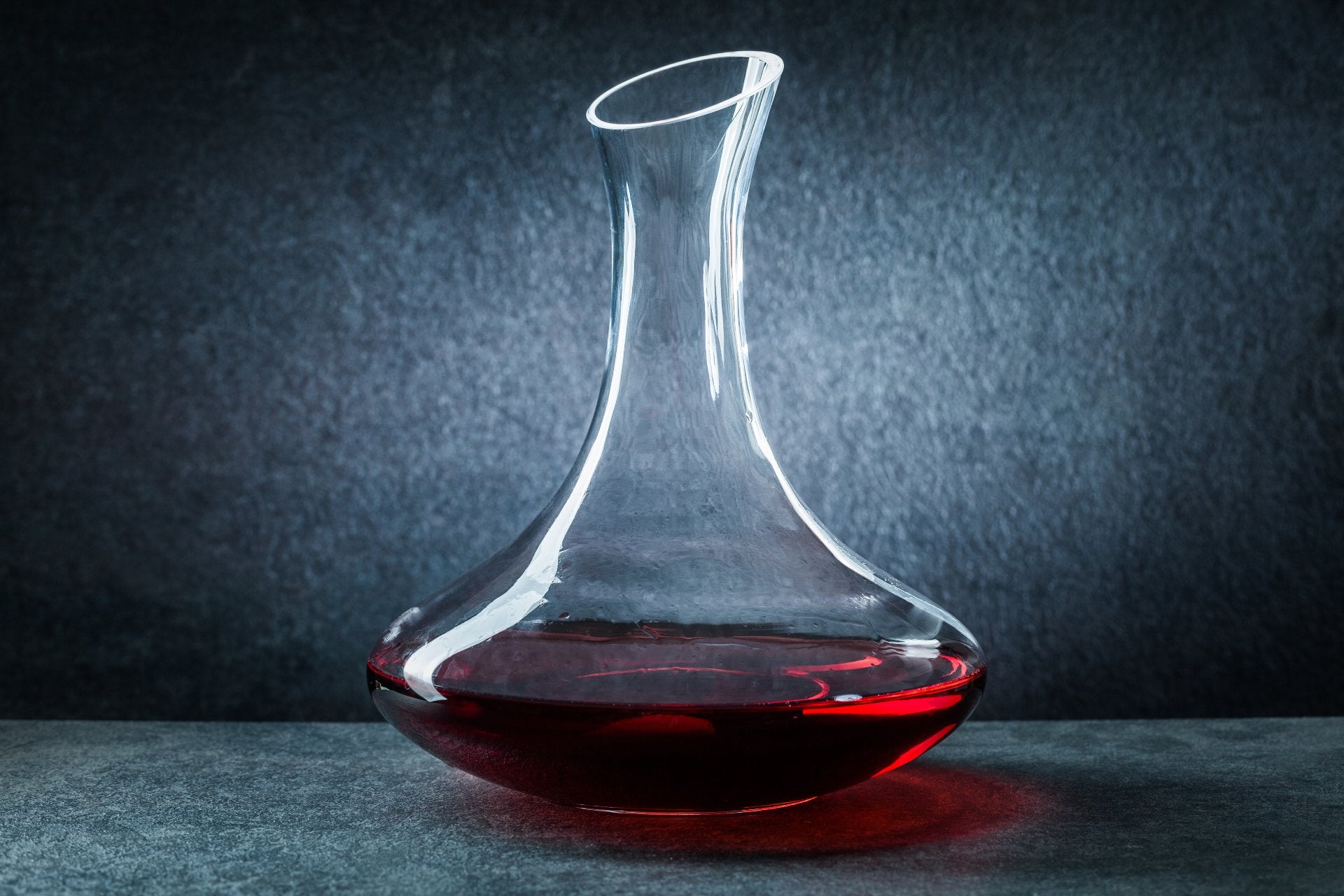Many wine lovers have heard of a wine decanter but aren’t entirely sure about its purpose. You might think wine decanters are the domain of wine snobs and sommeliers, but these instruments for serving wine could take your wine tasting and drink to next-level status. Let us overview what a wine decanter is and the procedure called decantation.
The best decanter for wines is circular because it allows the air inside to move freely. A wide neck will allow more air to enter in the shortest amount of time. Decanters with shorter necks and larger bowls also work faster because they achieve their purpose in a shorter amount of time. In an hour or less, a good decanter should have aerated the wine, softened the tannins, released the aromas, and separated the sediments from the bottom of the bottle of wine. However, some wine experts recommend decanting wine for at least two hours.
Note that the type of red wine you are drinking can also affect the type of decanter you need. A small decanter is enough for light-bodied red, rose, and white wines. Light-bodied wines such as Pinot Noir and Beaujolais benefit from decanting after only about 30 minutes. On the other hand, some wines will take longer to oxygenate than others. For example, full-bodied red wines with high tannin (the astringent, mouth-drying sensation) generally need more time in a decanter. To speed this process up, choose a decanter with a wide base to increase the amount of oxygen exposure to the wine.
Decanter for red wines
Large bowl decanters are the best choice when serving old red wines, depending on the style.
For full-bodied wines like Petite Sirah and Cabernet Sauvignon, a large-bowled decanter will provide more surface area for the aeration.
The air can move more freely through a medium-sized decanter for medium-bodied wines. Among the wines that can be served in the medium decanter are Merlot, Sangiovese, Dolcetti, and Grenache.
Decanter for white wines
Decanting white wines is easier than red wines. Although it's fine to decant into any vessel, smaller decanters are better for white wines. Usually, white wines do not contain sediment, so decanting is unlikely to ruin them.














